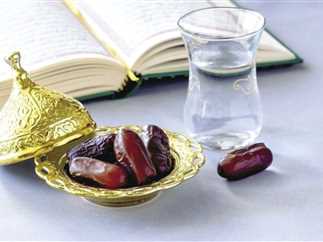
We are only a few days away from the holy month of Ramadan.
It is important during Ramadan fasting to avoid exposure to the sun, especially from 12 pm to 4 pm: these times expose us to the highest temperatures, causing fatigue and increasing the feeling of thirst.
Tips to face feeling thirsty during fasting
During fasting, it is advised to follow a number of tips to reduce the feeling of thirst. These include drinking plenty of liquids and fresh juices during the breakfast period to adequately hydrate the body and compensate for the lack of fluids during fasting hours.
It is recommended to drink at least eight cups of water a day.
It is also advised to stay away from canned juices that contain artificial colors and sugars in large quantities, as they increase the feeling of thirst and are devoid of health benefits and are high in calories.
Replacing artificial sweeteners with natural juice is highly recommended.
It is also important during breakfast time to eat fresh fruits and vegetables such as cucumbers, lettuce and tomatoes. As well as melons, and other fruits that contain large amounts of fiber, providing the necessary hydration to the body. This reduces the feeling of hunger and thirst. It is advised to ear it during the Suhoor meal.
It is also important during fasting to eat foods that contain carbohydrates because they are a major source of energy for the body.
Be careful not to overdo it because it increases the feeling of thirst and heaviness.
Foods to avoid while fasting
It is advised to avoid the excessive intake of sweets before fasting, because it increases the feeling of thirst.
It is highly recommended to especially reduce the intake of sweets in the ten days of the month of Zul-Hijjah, as well as reduce the intake of caffeine-containing beverages such as coffee, tea and soft drinks because they fall under the category of being a diuretic.
This causes water loss during fasting and dehydration.
It is also advised to avoid high-sodium foods such as processed meats, cheese, and high-salt meals: pickled fish and pickles in general.
These recommendations are for the duration of eating time and in the Suhoor meal.




